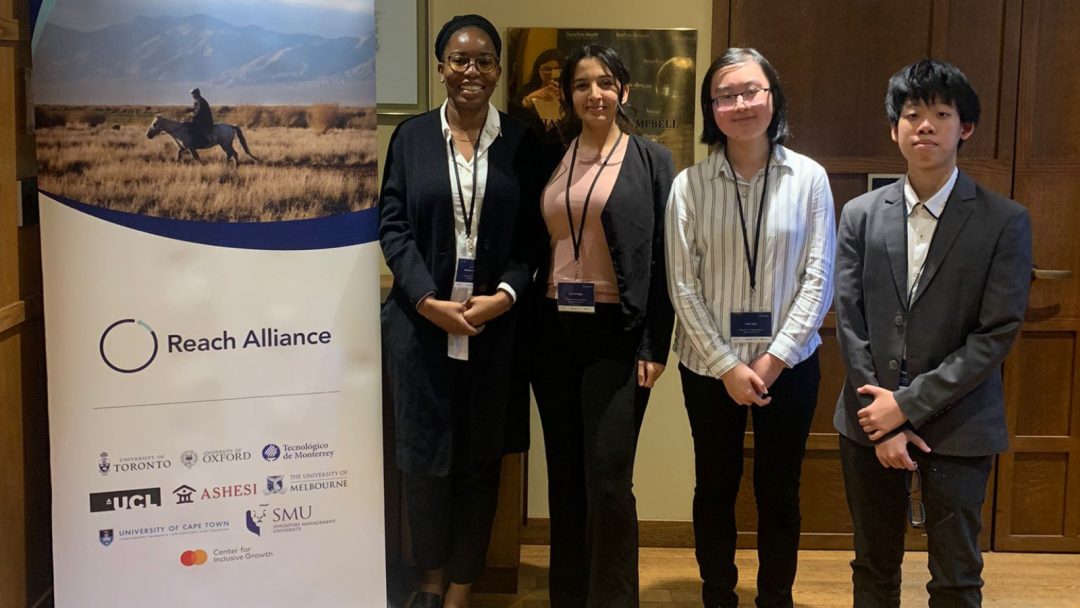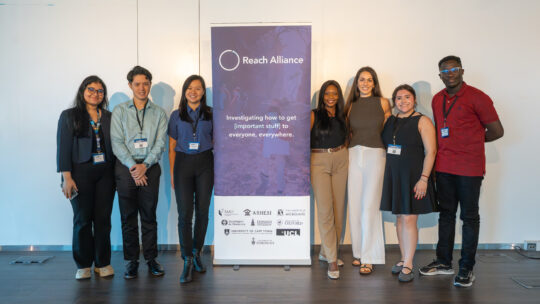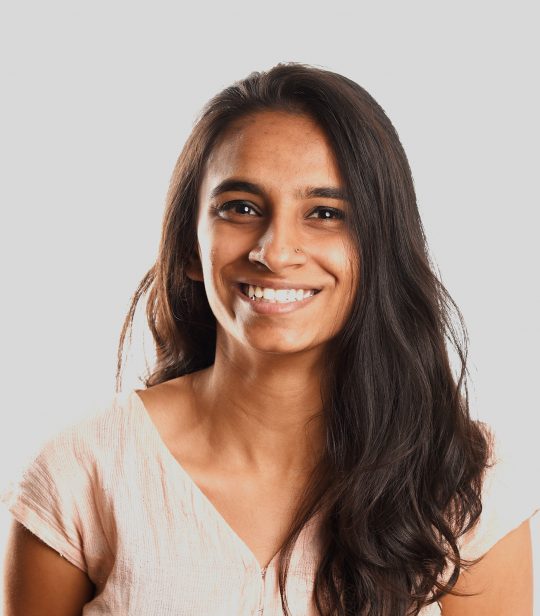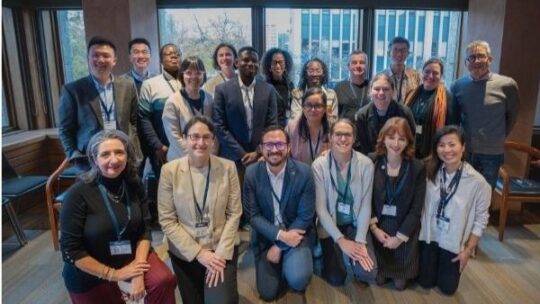Blogs: Latest Blogs
What does student leadership look like at Reach?

Author: Zen Nguyen
Leadership within the Reach initiative has been a team journey, one that has fundamentally changed how I view leadership and has helped me discover my own leadership style. Previously, I thought of leadership as having to be assertive, dominant, and commanding, and initially had suspicion that the Reach experience and its workshops would only be geared toward this one perspective. I was pleasantly surprised with how the workshops and coaching helped me and my Reach team find ways of working together and fostering a leadership style that best suits everyone. Reach has helped me find the right balance of taking initiative and overseeing the teamwork while still being kind, trusting, and respectful of people’s boundaries. It made everyone in the team more comfortable leading, giving and receiving feedback, and working collaboratively.
I particularly enjoy the rotating nature of the Lead role, introduced as part of Reach’s team coaching, because it has shown me how leadership can and should be a universal skill and is not a strict hierarchy to be followed. In addition to allowing each team member to grow and experience leadership, I believe this growth has been crucial in helping our research through the highs and lows of the Reach process. Sometimes life happens and one team member cannot take on a leadership role or perform a particular task, in those moments others have been more than willing and able to step up.
As we prepare to leave for field research in Nepal, investigating ‘The Hariyo Ban Program: Women’s Empowerment and Climate Change Resilience’, I am looking forward to interviewing participants and learning new insights from our key stakeholders and partners. As a team, we really enjoy all parts of the Reach experience, from reading the literature to conversing with other researchers. I think for many the goal of research is to evaluate the initiative and see if lessons can be drawn that will improve future initiatives. Beyond that, I want to know if the results we find can help elucidate other more structural questions, such as whether this theory of change is the best approach, or trying to see what institutions, ideas, and global economic conditions might create the results we see in the initiative. I hope that by sharing this experience with our local partners, and through future knowledge translation activities, our research insights contribute to positive impact in Nepal and globally.



